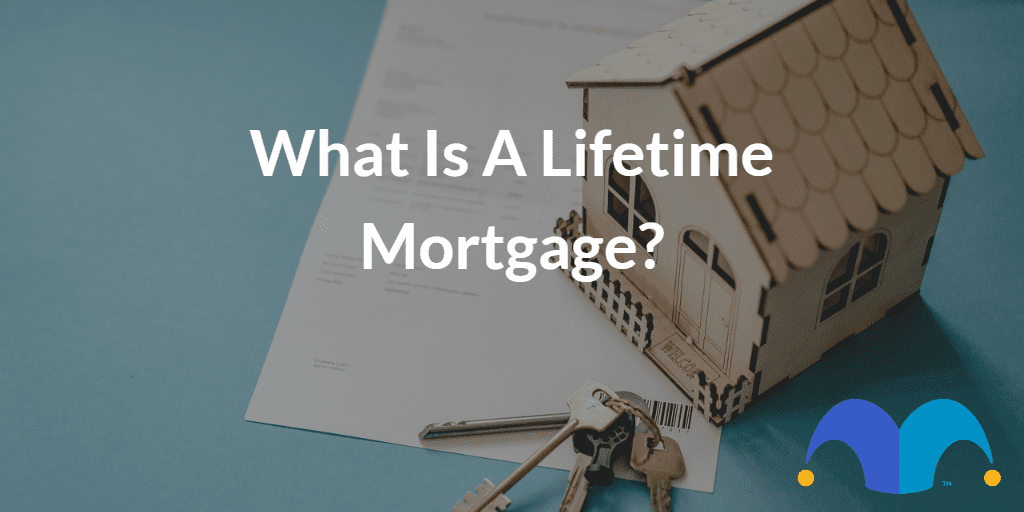You may have heard the term ‘lifetime mortgage’ or even seen it advertised. But what exactly is it? Who qualifies? And how much can you borrow? We have the answers to these and other related questions.
What is a lifetime mortgage?
A lifetime mortgage is a form of equity release that allows homeowners to borrow money against the value of their home while retaining 100% ownership of the property. You can receive the money as a lump sum or in monthly instalments.
Interest is charged on the amount you borrow. This can be repaid or added to the total loan amount.
When you die or enter long-term care, the house is sold and the proceeds used to repay the loan plus any accrued interest.
Most lifetime mortgages come with a no negative equity guarantee. This essentially guarantees that once your home is sold, you or your beneficiaries will not have to pay back more than the value of the home, even if this value is below the loan amount.
Some plans will also allow you to ring-fence some of the value of your property as an inheritance for your family.
What are the different types of lifetime mortgage?
There are two different types of lifetime mortgages.
1. Interest roll-up mortgage
Here, you get a lump sum or regular amounts and then get charged interest, which is added to the loan. You won’t have to pay back a penny until the end of the loan term, for example, when you die or move into long-term care.
The disadvantage of this plan is that interest will continue to rise as it rolls up and accumulates quickly.
2. Interest-paying mortgage
With this type of lifetime mortgage, you get a lump sum and then you pay back the interest or even some of the loan on a monthly or ad hoc basis. This reduces or eliminates the impact of interest compounding.
The remaining amount will be paid off when the property is sold at the end of the loan term.
Some providers might also allow you to pay off capital if you wish, though you might have to pay an early repayment charge.
Whichever way you choose to deal with interest, drawing down your money in smaller amounts over time as regular income rather than as one large lump sum can help keep your total interest from going overboard. That’s because you will only be charged interest on the amount you withdraw.
Who can access a lifetime mortgage?
To be eligible for a lifetime mortgage, you must be:
- Over the age of 55
- Applying for a mortgage on your main residence only
How much can I borrow?
You can normally borrow between 25% and 60% of the value of your home. There is also a minimum loan amount, which can range between £10,000 and £45,000.
According to the Money Advice Service, the amount you can borrow will depend on your age and the value of your property. Typically, the percentage increases according to your age at the time of taking the lifetime mortgage.
Is a lifetime mortgage a good option for me?
Whether a lifetime mortgage is right for you will depend on your personal circumstances. Here are a few key things to keep in mind.
- Money taken from your home reduces the overall value of your estate and the amount left to your beneficiaries.
- Taking out a lifetime mortgage can impact your tax position as well as your entitlement to means-tested state benefits such as pension credit and universal credit.
- Lenders will expect you to keep your finances in good shape. You might therefore have to set aside some money for this.
- You’ll also have to budget for things like building insurance, legal fees and valuation fees. The costs for these can range between £1,500 and £3,000.
If you are thinking of taking out a lifetime mortgage, it’s useful to first seek advice from a qualified independent financial adviser.
They will help you determine whether a lifetime mortgage a good choice for you. They will also be able to recommend a plan that is well suited to your needs.
